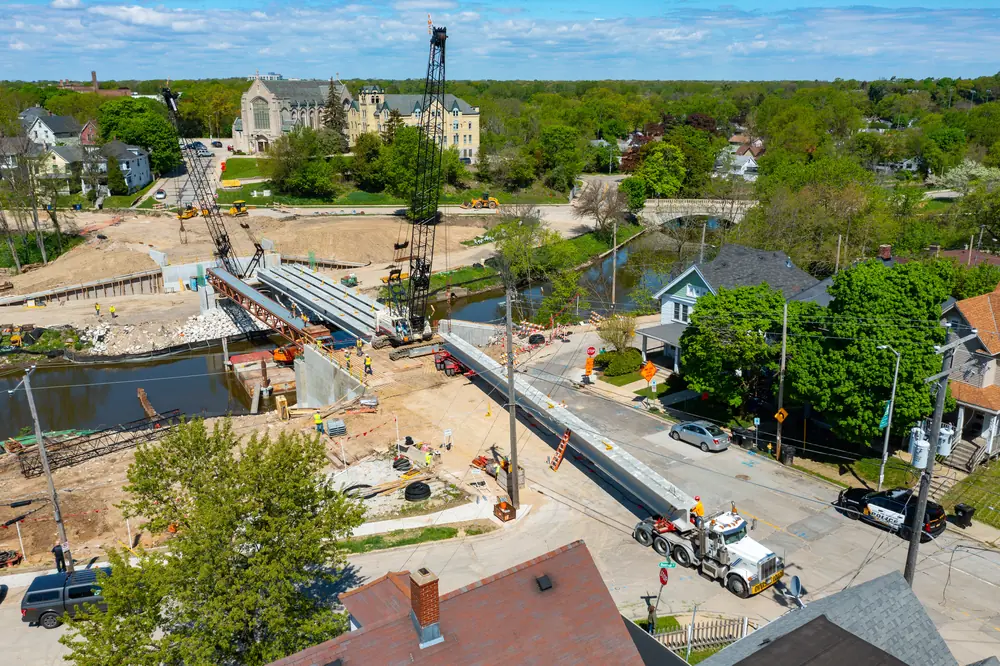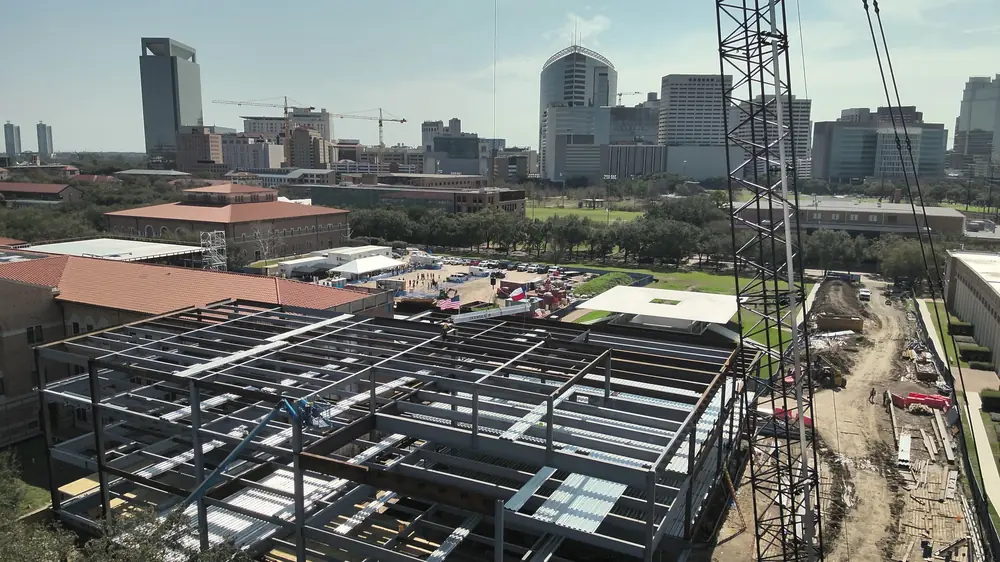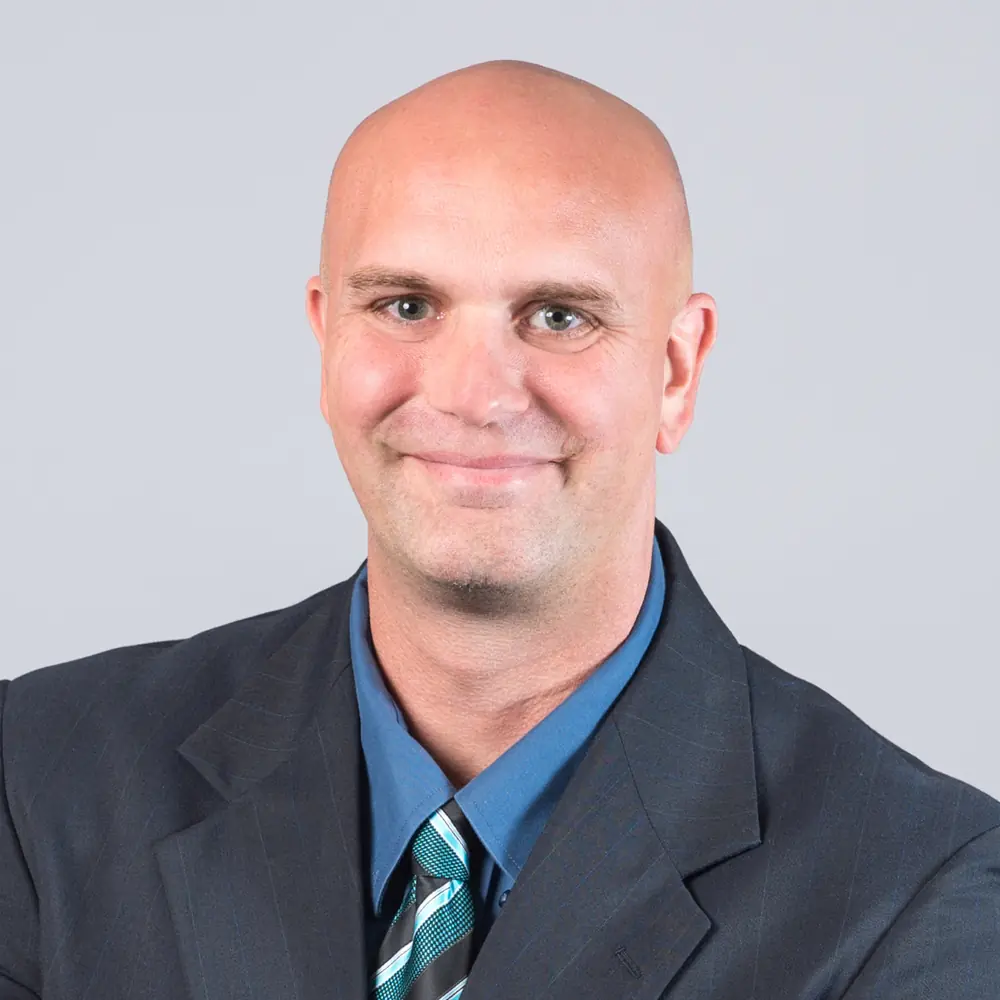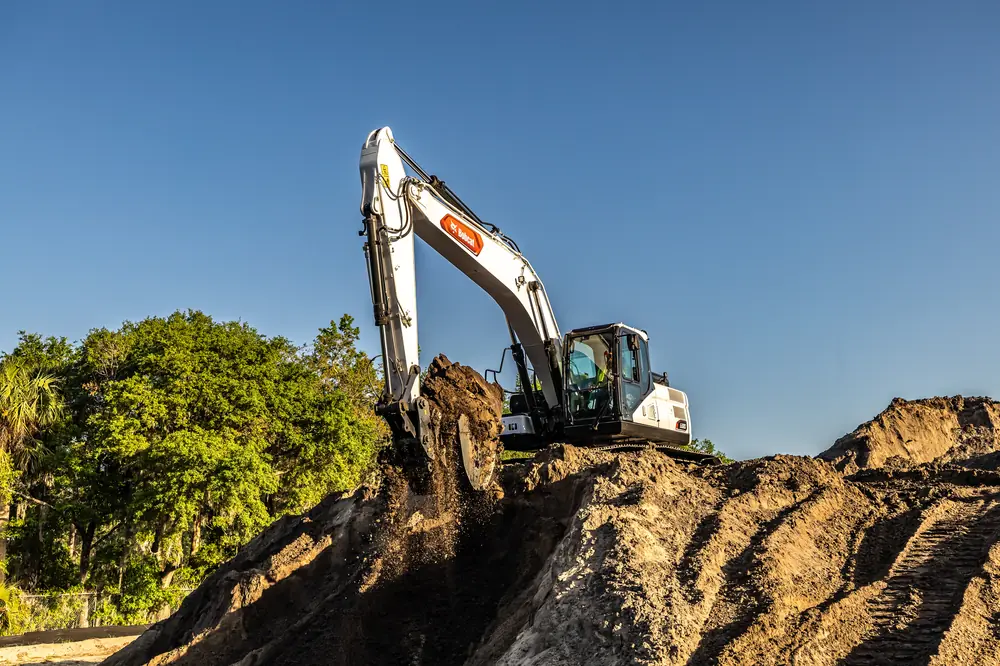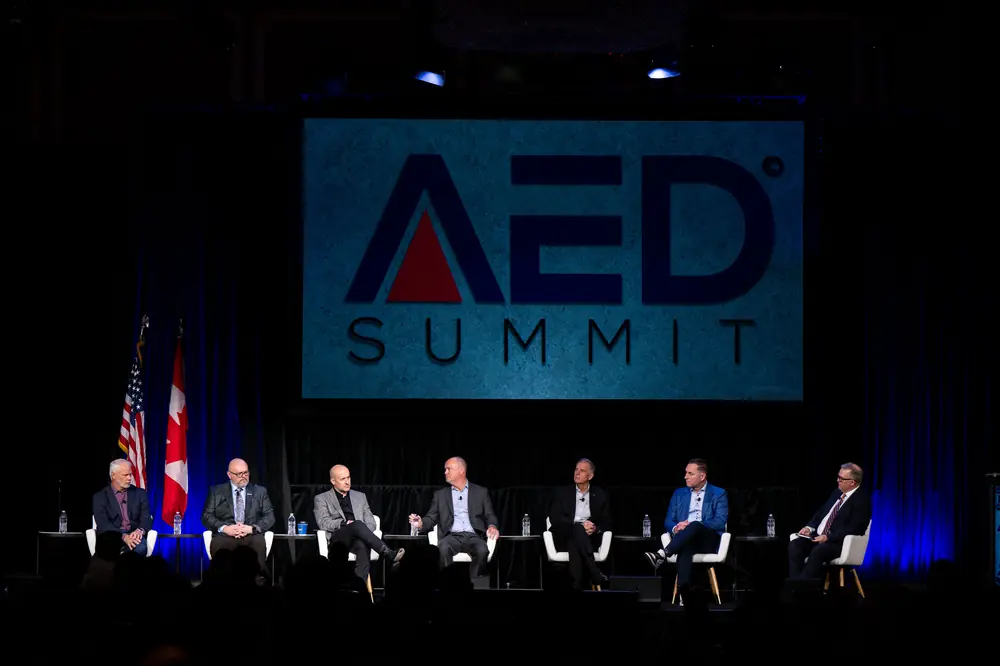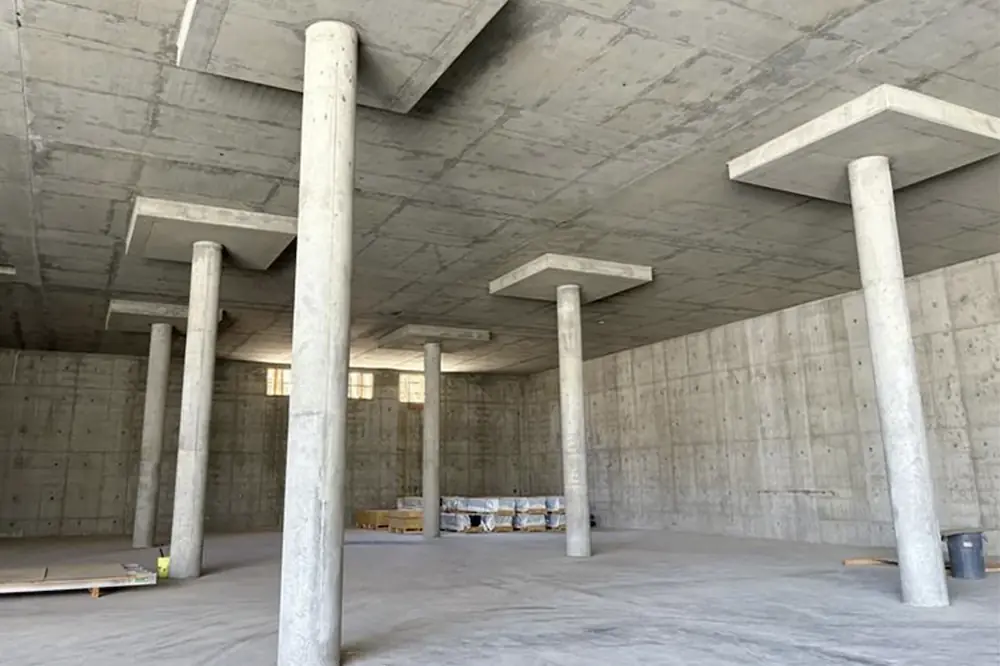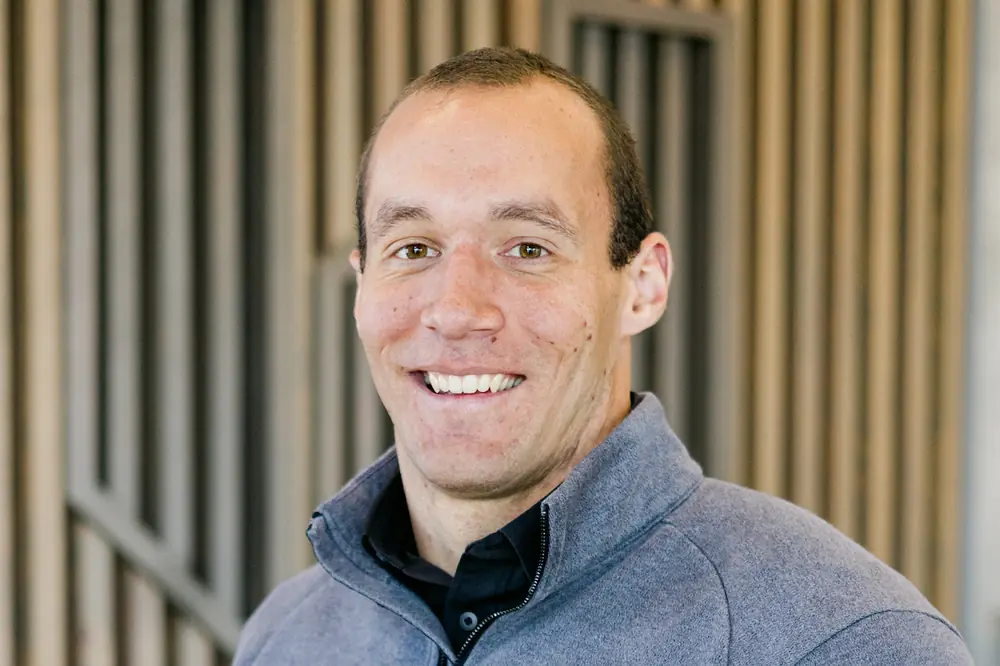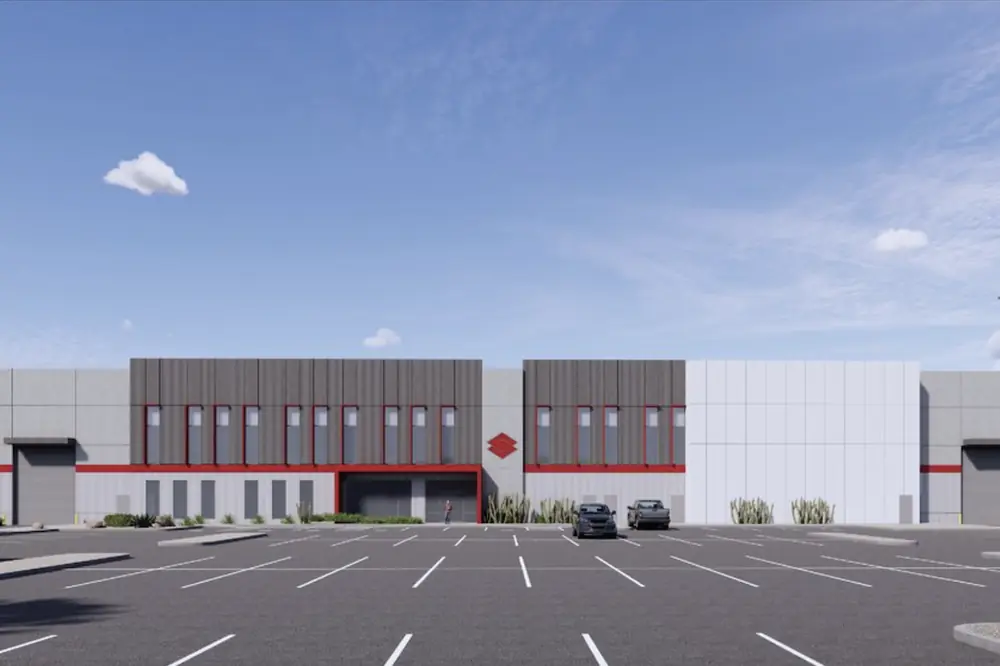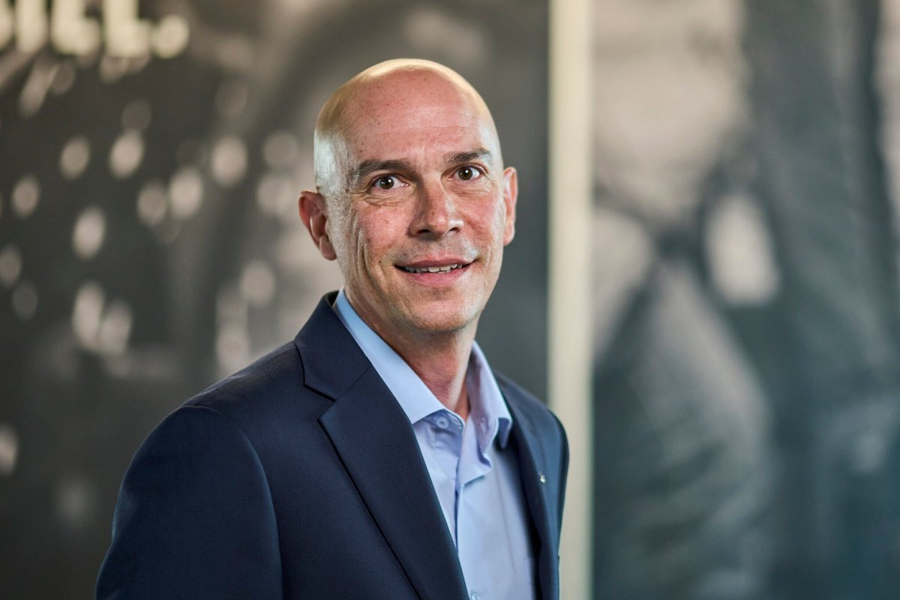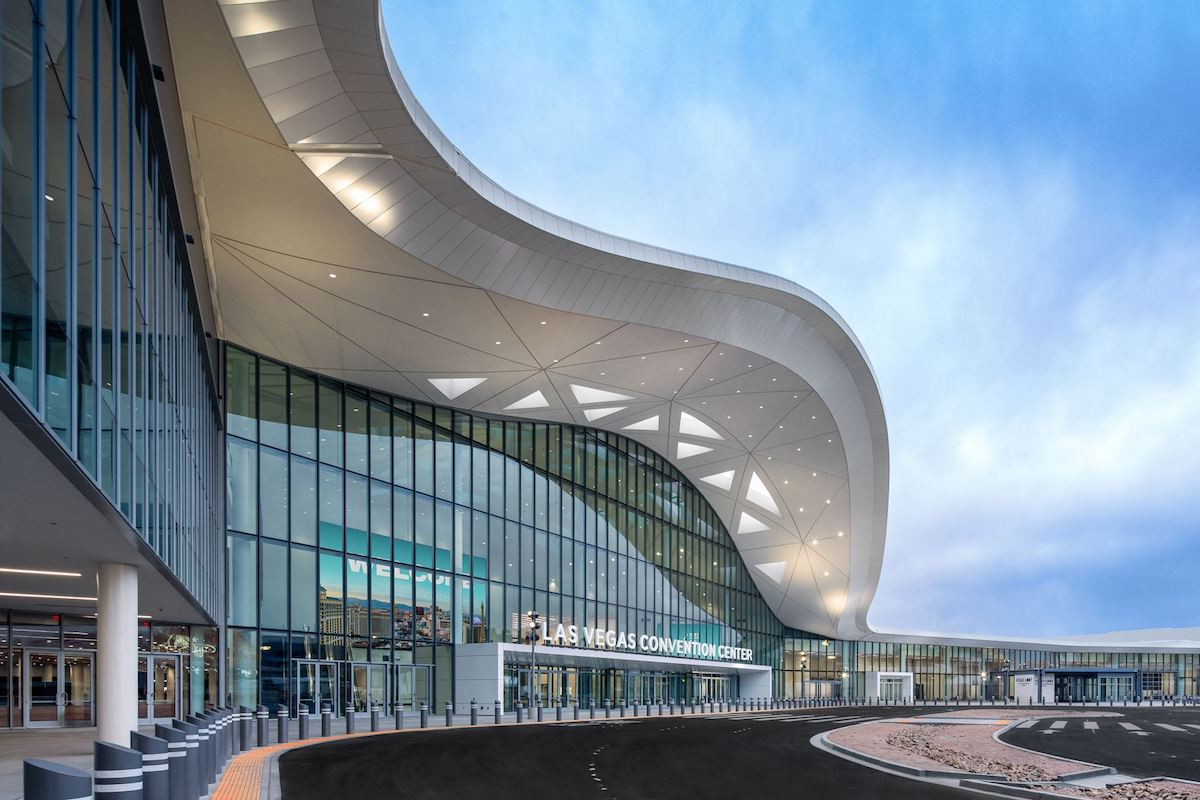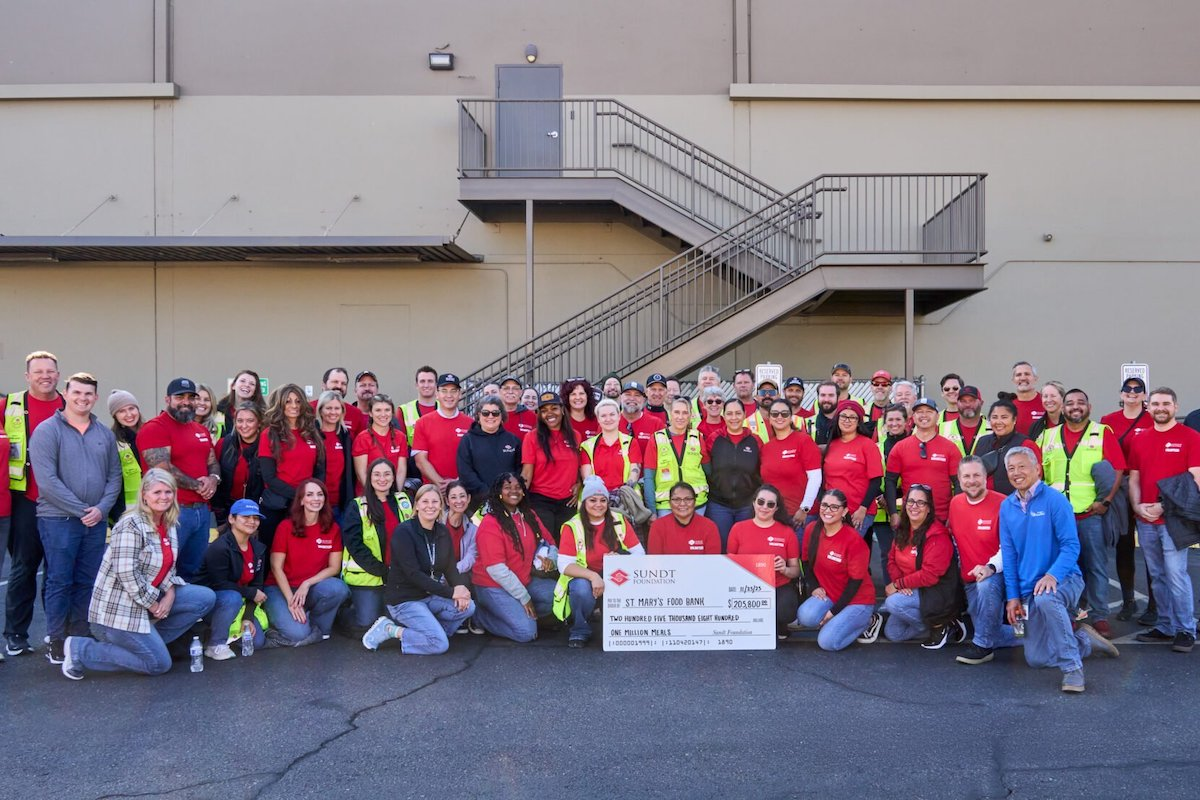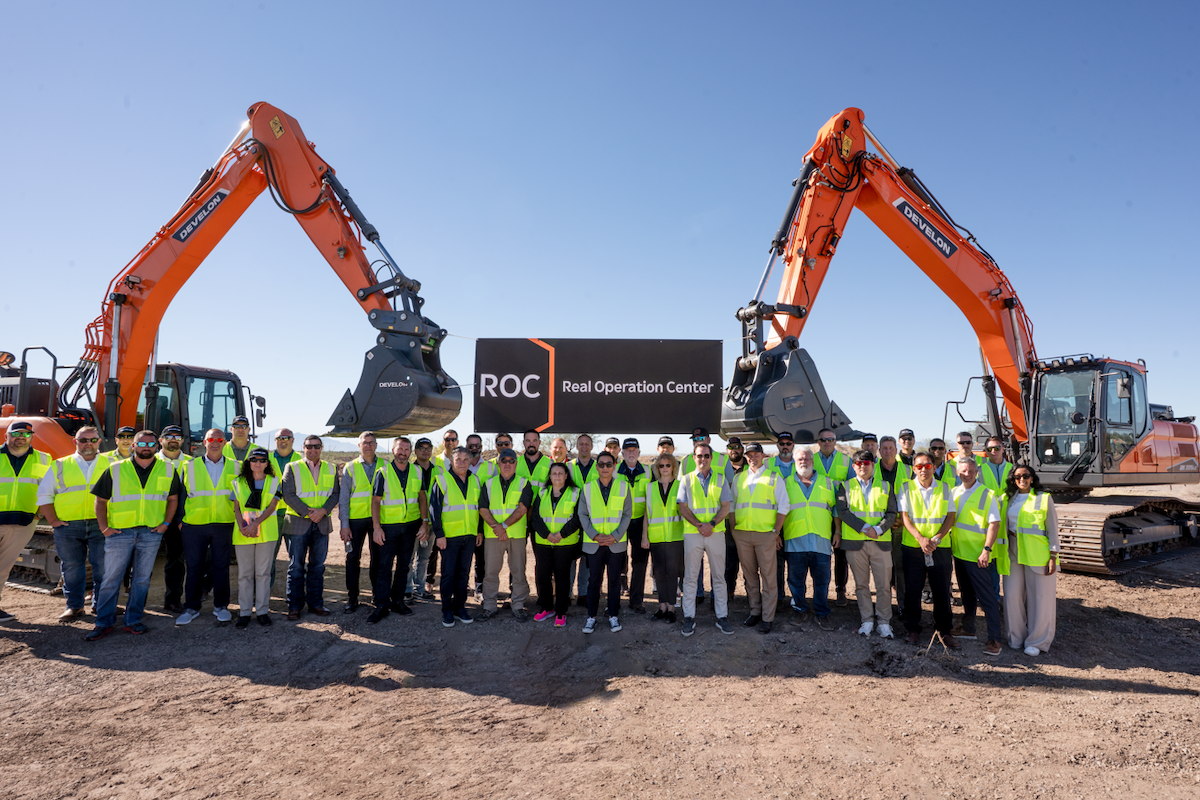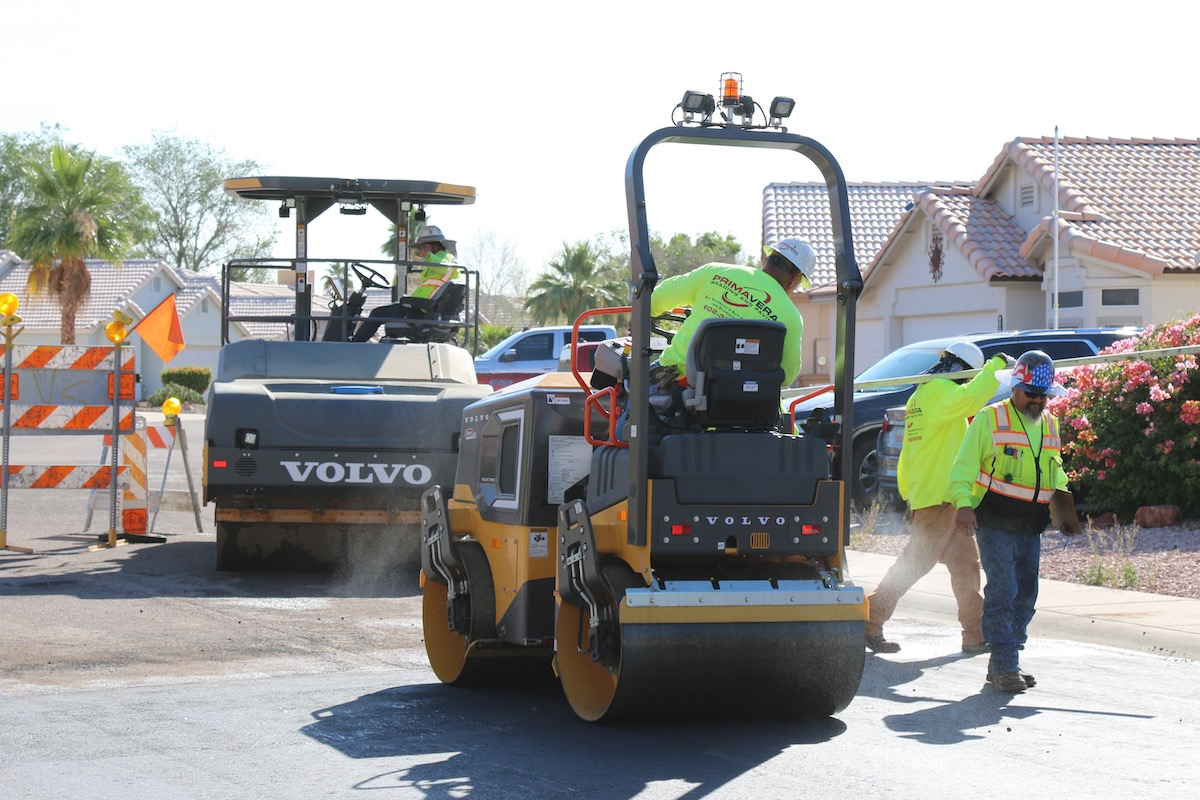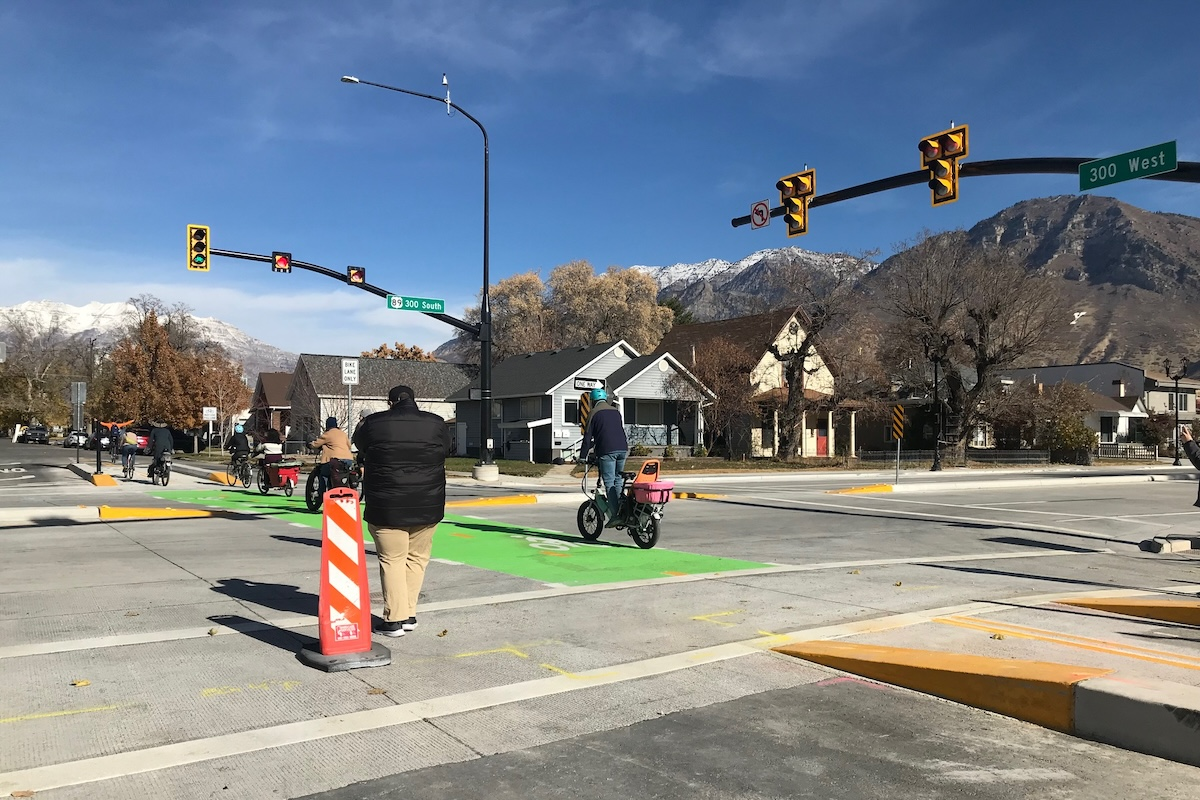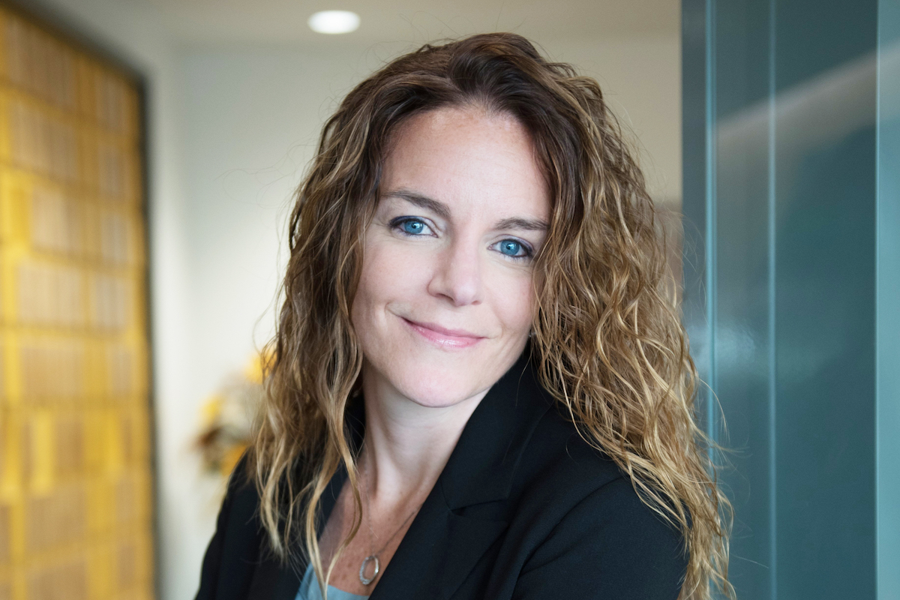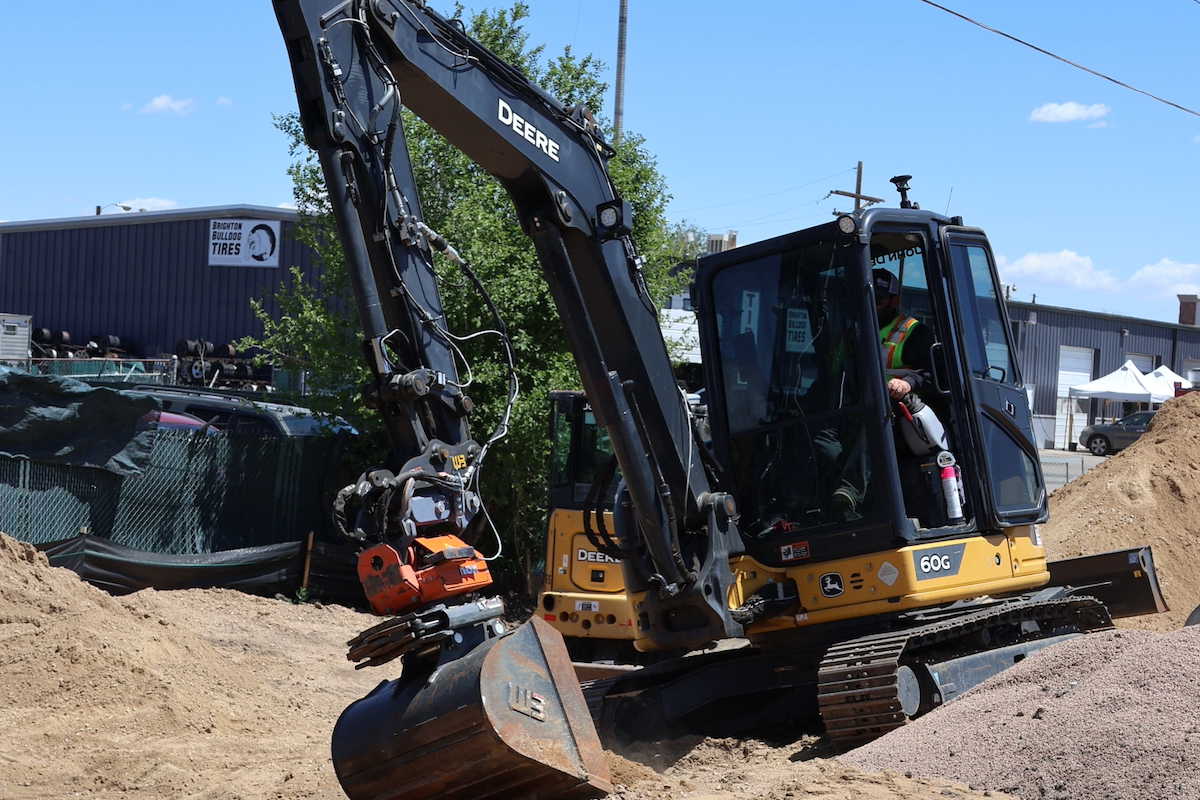Although LED light fixtures normally emit non-harmful visible light with a 400 nm -700 nm wavelength, lower frequency UV light LEDs can effectively kill such pathogens. UVC, a very powerful ultraviolet light wavelength between 180 nm-280 nm, is viricidal, bactericidal, and fungicidal since it passes through the outer wall of the pathogen and causes damage at the molecular level. The destruction ultimately leads to inactivation of the pathogen, making the cells unable to reproduce.
UVC is known to disinfect air, water, and nonporous surfaces and has effectively been used for decades to reduce the spread of bacteria such as tuberculosis, influenza and Legionnaire’s disease. According to the CDC, UVC is the only recognized technology for effective germicidal treatment for airborne pathogens.
The CDC has also determined that the integration of in-room UVC sources in conjunction with building-wide HVAC systems has great promise, particularly given the growing knowledge of the dangers of airborne viruses. Best of all, these stand-alone UVC fixtures can be used continuously throughout the day, in occupied rooms, even when the HVAC system is off.
“For easy retrofitting by the construction trade in indoor settings, individual room air can be continuously recycled while safely treating it with UVC radiation and eradicating airborne viruses," says Michael Fischer, President of Energy Harness Corporation, a Florida-based designer and manufacturer of LED lighting for a variety of commercial settings. “Unlike traditional wide spectrum fluorescent or mercury vapor UV tubes, LEDs can produce UVC by controlling the specific wavelengths of light emitted. In addition, they don’t contain extremely toxic substances like arsenic or mercury that are inherent in the traditional UV tubes.”

| Your local Bobcat dealer |
|---|
| Ditch Witch West |
| Faris Machinery |
Prior to the pandemic, Energy Harness responded to the demand for hydroponic “grow” lighting, and designed LED lights with color spectrums (including UV) to mimic sunlight. When the COVID-19 pandemic began, Fischer says his team quickly realized the potential effectiveness of UVC technology to deactivate viruses and used the technology to design a fixture to treat the airborne organisms.
However, to do this requires technology that can safely deliver the proper UVC dosage in a specific combination of three main factors – dosage, distance, and wavelength.
“Ultimately, germicidal efficacy of ultraviolet light is based on dosage, distance and wavelength,” explains Fischer. “Dosage is a function of UVC power multiplied by exposure time. Distance is the proximity of the pathogen to the UVC source. And wavelength is the nanometer range of the ultraviolet light.”
According to Fischer, to eradicate pathogens effectively, the UVC wavelength should be in the germicidal effective range, with a peak of approximately 268 nm. The intensity must be high enough to irradiate the space, and the duration must be long enough to affect the organism. He spells out the equation as (Wavelength Intensity * Duration) = Dosage Delivered.
After significant R&D, the LED manufacturer developed a ceiling mounted UVC system called Active-Airflow that circulates room air many times per hour into an enclosed chamber, where UVC disinfection occurs.
Due to its unique patent pending design, the unit allows for an exceptionally long exposure time. The internal germicidal chambers are filled with hundreds of high-powered LEDs arranged in very close proximity to the airborne pathogens as they move through the fixture.

| Your local Gomaco dealer |
|---|
| Faris Machinery |
With the intensity, the distance and the time measured, Energy Harness can effectively “control” the UVC dosage. In addition, the LEDs in the unit irradiate in the most effective germicidal range (with a 260-280nm wavelength).
“To know that our technology maxed out the testing equipment, that’s a pretty exciting moment,” said Peter Lehrer, Senior Vice President for Project Development at Energy Harness. “It says that we’ve got the ultimate virus killer on our hands."
Because the unit houses the UVC LEDs internally, it does not produce any visible light in the room it disinfects. With the unit mounted in the ceiling, the people occupying the space are completely shielded from the UVC. Each LED fixture can typically disinfect a 700 square feet area, depending on average occupancy and occupant activity level and multiple units can be deployed in larger rooms, according to Fischer.
Contractors in the construction and retrofit business should know that when installed in standard ceiling grids, the pathogen inactivating UVC LED fixture can be used continuously through the day in occupied rooms. This enables constant airborne disinfection of the air throughout the area.
The unit is UL and CSA certified by Intertek Testing Laboratories (ETL) and is manufactured in an EPA registered facility in Florida. It has also been certified by ETL to produce no harmful ozone and is registered with the California Air Resources Board (CARB).

| Your local Trimble Construction Division dealer |
|---|
| SITECH Southwest |
| SITECH Northwest |
| SITECH Rocky Mountain |
Real World Protection
To help mitigate the spread of viruses, Union Health, an integrated health system in Indiana, installed 48 of the Active-Airflow UVC LED light fixtures last year at its facilities, primarily at entry points, waiting areas, and testing areas. This year Union Health is installing a second round of fixtures.
“We are looking for different ways to protect our patients, our visitors, and our staff. So, after in-depth research, we were happy to move forward with the purchase and the installation of these devices,” said Mike Mullins, System Director of Facilities, Union Health System in a TV interview last year.
Although this UVC LED unit works independently from the HVAC system, it still uses active air handling to draw room air into the unit. The standalone approach of the disinfection system could make it simpler for most facilities to install. The unit is designed to fit into a grid ceiling much like a troffer luminaire and takes up the same space as a single 2-foot by 4-foot ceiling tile.
The primary focus of the Active Airflow UVC LED fixture is on safety and the continuous disinfection of airborne viruses, yet aesthetically pleasing architectural designs are also being developed to complement a variety of interiors in commercial facilities.
The bottom line for construction professionals is that they have an important new opportunity retrofitting commercial facilities, making indoor areas safer with occupants still in the room. The incorporation of fixtures that can continuously kill airborne pathogens will be vital to aid safe operation.

| Your local Volvo Construction Equipment dealer |
|---|
| Faris Machinery |
For more information, visit energyharness.com/uv/

